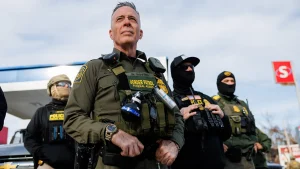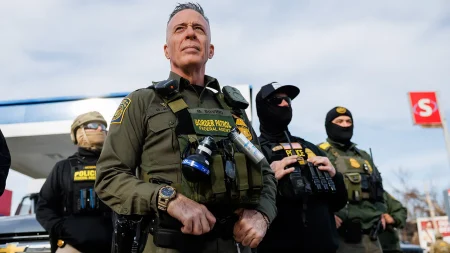Russia’s Influence: A Potential Shift in Holiday Significance
The suggestion that Ukraine’s potential surrender could transform Thanksgiving from an American to a Russian holiday represents a striking metaphor about geopolitical influence. While Thanksgiving remains deeply rooted in American history and culture, this statement highlights concerns about Russia’s expanding global power and how military outcomes in Ukraine might symbolically impact Western institutions and celebrations.
Such rhetoric reflects anxieties about the broader implications of the Russia-Ukraine conflict beyond its immediate battlefield consequences. Some observers worry that Russian victories could embolden further challenges to Western democratic values and traditions. The specific deadline mentioned—Thursday, which coincides with Thanksgiving—creates a dramatic juxtaposition between a day of American gratitude and potential geopolitical shifts that could diminish American global influence.
Historical context is important here; Thanksgiving commemorates early American colonial experiences and has evolved into a uniquely American celebration of gratitude, family gathering, and national identity. The idea that such a distinctly American tradition could somehow become “Russian” speaks to fears about cultural and political influence rather than literal holiday adoption. It suggests concern that American traditions and values might lose their significance or distinctiveness in a world where authoritarian powers gain greater control.
This perspective represents one viewpoint in ongoing debates about what’s at stake in international conflicts. Many analysts see the Russia-Ukraine war as a pivotal moment in determining the future balance between democratic and authoritarian systems. The metaphorical “loss” of a quintessentially American holiday symbolizes deeper anxieties about declining Western influence and the potential reshaping of international norms and alliances.
While the statement employs hyperbole to make its point, it touches on genuine concerns about national identity and sovereignty in an interconnected world. Cultural symbols like holidays often become proxies for discussing larger issues of power, influence, and values. The idea that something as seemingly secure as Thanksgiving could be threatened serves as a rhetorical device to emphasize the perceived stakes of international conflicts.
It’s worth noting that regardless of geopolitical outcomes, cultural traditions like Thanksgiving have remarkable resilience and staying power. Throughout history, holidays have evolved and adapted while maintaining their core significance. The statement’s power comes not from a literal prediction about Thanksgiving’s future but from its ability to frame distant conflicts in terms that feel personally meaningful to American audiences, connecting international events to cherished domestic traditions.










